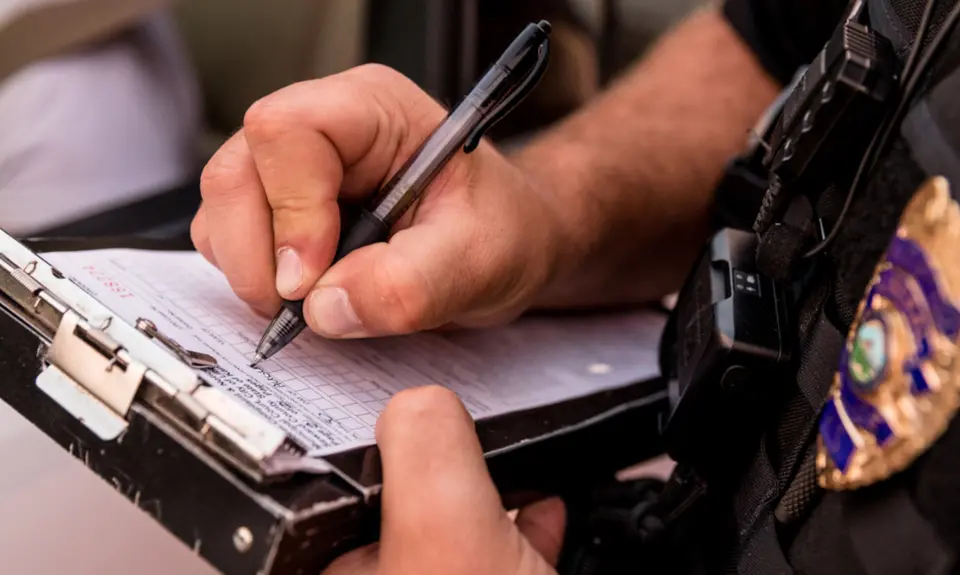“Confirmed Judges, Confirmed Fears” is a blog series documenting the harmful impact of President Trump’s judges on Americans’ rights and liberties.
Trump Sixth Circuit judge Amul Thapar cast the deciding vote in May in a 2-1 decision in Fowler v. Benson that reversed a lower court ruling and authorized Michigan to automatically suspend the drivers’ licenses of low-income people who are unable to pay traffic fines without giving them a chance to prove their indigence and establish an alternative payment plan. One report stated that Michigan is one of the five harshest states in the country in suspending drivers licenses over such unpaid fines, and the decision will harm 100,000 state residents.
Adrian Fowler and Kitia Harris are both unmarried mothers in Michigan who live in poverty and were unable to pay the fines they received for traffic infractions. Under state law, their drivers’ licenses were automatically suspended when they did not pay the fines, and state courts refused to accept payment plans that each of them offered. Ms. Fowler had to turn down a better job because she was not able to drive to work, and both explained that their inability to drive will make it that much harder to pay their traffic fines.
On behalf of themselves and others who live in poverty, Mses. Fowler and Harris sued to challenge Michigan’s suspension scheme in federal court. A district court judge agreed with them, and issued a preliminary injunction against the automatic suspension of drivers’ licenses without providing adequate notice that suspension would result from lack of payment and an opportunity to demonstrate inability to pay immediately and to utilize an alternative payment program to stretch out the payments.
In a 2-1 decision joined by Judge Thapar, however, a panel of the Sixth Circuit reversed. The majority claimed that Michigan’s “suspension scheme” has a “rational basis,” and that Fowler and Harris did not have a right to the procedural due process ordered by the district court.
Judge Bernice Donald strongly dissented. The majority “ignores age-old Supreme Court precedent,” she explained, that “squarely recognizes a protected property interest” in the continued possession of a drivers’ license. Donald quoted the Supreme Court as stating that once issued, a license cannot be “taken away without that procedural due process required by the Fourteenth Amendment.” It was not enough, Donald noted, for Michigan to claim that drivers like Fowler and Harris could have raised their inability to pay if they had appeared in person for the underlying traffic violation, because the state failed to provide any advance notice whatsoever of the risk of suspension and the ability to prove inability to pay. Donald concluded that Michigan’s suspension scheme clearly “violates due process,” and that the majority decision joined by Thapar “erodes essential constitutional promises.”
Such suspension policies punish people for living in poverty and put them in further financial and legal jeopardy. A 2018 Washington Post report indicates that more than 7 million people nationwide may have had their licenses suspended for not paying their traffic fines. And for unmarried women like Fowler and Harris, who are more likely to experience poverty, the impact of Thapar’s deciding vote directly affects their ability to care for their children.
